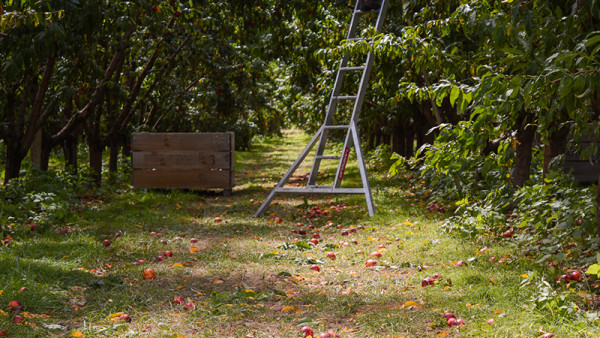Labour considerations and preparations
7 September 2021

Kia ora koutou
Among the media coverage about the lockdown and our industry, there has also been some coverage about the Recognised Seasonal Employer (RSE) scheme. In particular, the loss of places in Managed Isolation and Quarantine (MIQ) for the last flights that needed quarantine, and uncertainty about quarantine-free travel for RSE workers from some Pacific countries to New Zealand, which was to get underway in September.
Of course, that timeframe was provided by the Government before the outbreak of the Delta Covid variant in New Zealand on 17 August, which resulted in the lockdowns that the country has been experiencing.
There continue to be lots of factors at play – most obviously Covid. We will also never know when Covid might have another impact, in addition to the one it’s having right now.
Quarantine-free travel between the Pacific and New Zealand is dependent on the agreements of the Governments of the Pacific countries involved (Vanuatu, Samoa and Tonga) and the New Zealand Government. The outbreak of Delta in New Zealand will not have helped those conversations.
If we focus on the positives, the Government did come out and announce it will continue to support the RSE scheme and the existing cap of 14,400. Unfortunately, we are all well aware the RSE scheme alone was never going to be sufficient for the coming season’s labour needs.
Then there are the practical considerations. The processing of visas and the availability of flights are two key ones, as well as how to safely repatriate the RSE workers home at the end of the season.
Plus, as Covid and public health continue to be all encompassing for the Government, we must remember that backpacker numbers will continue to be negligible.
The industry collective working on seasonal labour – NZAPI, NZKGI, Summerfruit NZ, NZ Ethical Employers (was Master Contractors), NZ Wine and HortNZ – is doing everything it can to get as many RSE workers as possible here on time, particularly for the peak seasons of our product groups.
A couple of newsletters ago I wrote about the need for everyone in our industry to have a Plan B, given all the uncertainties and pressures.
In terms of labour, last season, our summerfruit and apple and pear industries put in place campaigns to attract university and high school students – and others – to come and work a season, if not consider a career in horticulture. The kiwifruit industry also ran a successful New Zealander attraction campaign in the Bay of Plenty last season.
But unfortunately, for summerfruit, the success of their campaign was overshadowed by the flooding that Otago experienced early this year, which resulted in significant fruit losses.
Our fast-approaching reality
I am afraid the reality does seem to be that our industry will face another labour shortage this season, irrespective of RSE numbers. That is why I am encouraging growers to do everything they can now, by way of a Plan B, to not only attract and retain New Zealand workers but think creatively about where workers may come from.
I know it is exceptionally hard in this environment, but as an industry, we need to consider if there other ways of doing things. Can I work more collaboratively with my neighbours, within my region, or within my industry? How can I manage my crop? What will I harvest and when?
From the industry collective’s perspective, we will continue to advocate strongly for improvements to the RSE scheme, including an increased cap and for quarantine free travel to just get going. We will also advocate for alternative visa schemes and improvements to labour market conditions but as mentioned, this will be very challenging when the Government is focused on the more immediate issue of the Delta Covid variant in the community.
We will also continue to illustrate to the Government the work that has been undertaken to attract New Zealanders to seasonal work, while providing examples of all the brilliant work our industry has been doing for some time to attract and retain New Zealanders, from all walks of life.
You don’t have to go very far in our industry to find examples of where employers in the horticulture industry have made a real, ongoing commitment to making a difference for New Zealand employees, through flexible working hours, transport, meals and accommodation, pastoral care and skill development.
Ngā mihi nui
